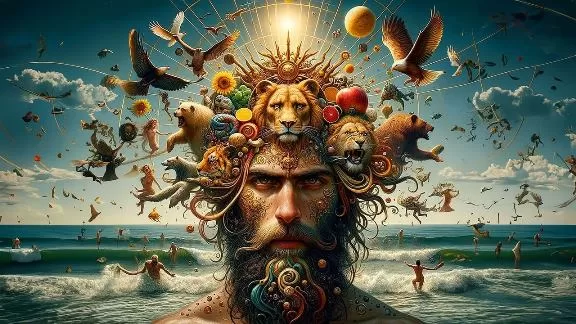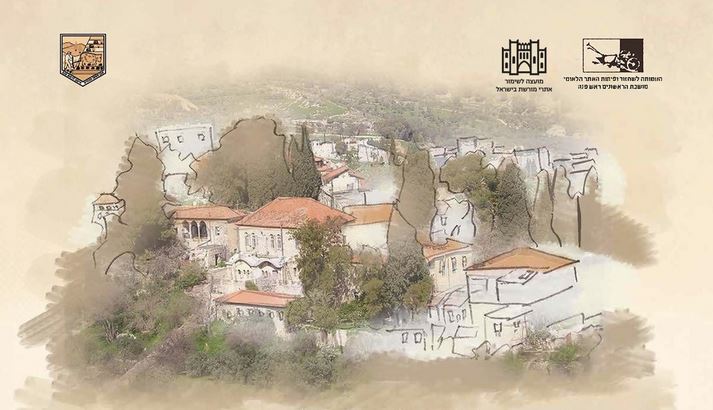The nature of the society's response to new religious movements actually illumonates us on the society itself.
For example, in the U.K. and the U.S., the cults were mainly accused of brainwashing; in the U.S., they were also held responsible for the breakdown of the family and various economic crimes; in France, NRMs were portrayed as engaging in political plots and subverting the secular French nationality (Laïcité), which mandates separation between religion and state; in Germany, NRMs were presented as failing to make their national insurance payments and as a danger to democracy; in Japan, they were suspected of harming young people’s chances of succeeding in the workforce.
And what about Israel? A study of the reports written by governmental bodies regarding "cults" serves us as to analyse the Israeli society, its major values, processes and transformations.










